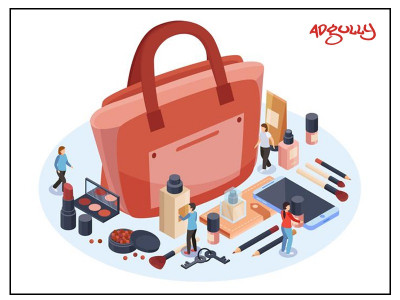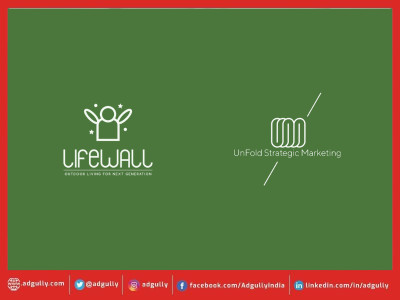How beauty brands are fortifying their logistics to overcome COVID disruption
As in the case of several categories, consumer behaviour regarding beauty brands, too, has seen significant shifts in this pandemic period. With retail outlets shut, online buying has become the norm. Along with the e-commerce portals, several companies/ brands have set up standalone online shopping platforms to deliver their products to the consumers’ doorsteps.
While household essentials, grocery, immunity boosters, healthcare and wellness products continue to top the shopping lists of consumers, beauty and personal grooming products are also seeing an upswing. In the initial days of the pandemic outbreak in India last year, beauty brands and other discretionary spends had seen a downward trend as people were confined to their homes and there was no socialising happening. However, gradually self-care and personal grooming was resumed as work from home and video conferencing necessitated employees to look presentable.
According to data from Traxcn, the global beauty and personal care market is expected to touch $725 billion by 2025, while the Indian beauty market is expected to grow to $28 billion by 2025.
Hit by a devastating second wave of COVID-19 infections, the first half of 2021 is looking bleak. While sentiments were high till the middle of March, when the COVID-19 cases were decreasing and normalcy was returning to the country, mid-March onwards and especially April and so far in May, the situation has worsened with almost all the states re-introducing strict COVID-19 rules, including shutting down of malls and retail stores, except those selling grocery and essential items, curfews and lockdowns and curtailing movement of people.
Amid these market conditions, beauty brands are staying positive and are even confident of growth returning to the business. RSH Global recently projected growth of almost 25-30% in Q1 of FY2022, as compared to the target they had during the pre-COVID-19 period of Q1 of FY2021, when things were normal. Sunil Agarwal, Chairman, RSH Global, said, “Counting on the experience from the previous lockdowns, we have begun stocking more products at distribution centres to ensure continuous supply. The momentum seen in the initial phase of 2021 is expected to hold up through the year, and we are looking forward to a much better year.”
With the increasing uncertainty in the retail space, brands have continued to put in their efforts in the digital front. Naina Ruhail, Co-founder, Vanity Wagon, said, “We are still focussed on building an omni-channel market, however, that would happen in due course, once the pandemic has cooled down. Demand chain did see some hiccups early on in the pandemic, however with brands and suppliers working round the clock, the same has been fairly smooth throughout. One of the key actions for avoiding demand chain distress has been reduced dependency on a single supplier and a more cohesive approach, thereby mitigating any issues that initially arose.”
While the demand on e-commerce platforms is increasing, companies are also facing an issue with the supply side; the need for logistics, too, has increased rapidly. Logistics in India has matured well in the last 3 years and is the backbone for any and every e-commerce platform.
Speaking about how The Beauty Co is managing the deliveries, its Founder and CEO, Suraj Vazirani, said, “We have our in-house sister company, which takes care of our end-to-end logistics. The returns and exchange during the lockdown last year were a hassle. Logistics, in particular, has been a major challenge for retailers, with inventory and shipments being held up for days during the pandemic. It was an enormous challenge to make the product available to consumers.”



















Share
Facebook
YouTube
Tweet
Twitter
LinkedIn